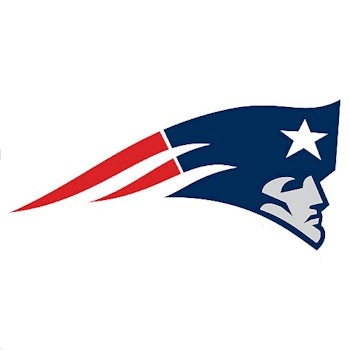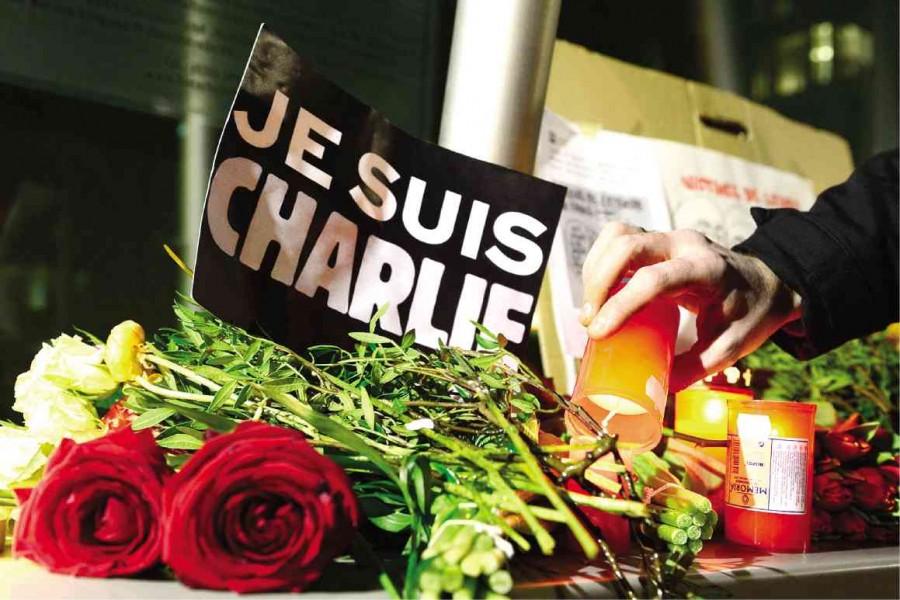Je Suis Charlie
February 3, 2015
The week of January 7th 2015, the phrase “Je Suis Charlie,” French for “I am Charlie,” was uttered by millions of people as a mantra of support to the French satirical newspaper, Charlie Hebdo, after the tragic shooting of their offices in Paris.
On the 7th of January 2015, around midday, two assailants forced their way into the offices with firearms and other weapons in hand. The gunmen killed 12 people and injured another 11 while shouting out “Allahu Akbar” (“God is great” in Arabic). In the days that followed, Paris’s security was on high alert as there was two more stand-offs, which resulted in even more casualties. However, French police were able to kill the two gunmen two days after the original shooting.
The two were identified as brothers, Cherif and Said Kouachi, ages 32 and 34 respectively. The younger of the two brothers, Cherif, had ties to extreme Islam in recent years. Before he was killed, he told BMF TV(French TV news channel) that he trained in Yemen with Al-Qaeda in the Arabian Peninsula. Because of this connection, many call the attack on Charlie Hebdo a terrorist attack.
It is believed that the two men attacked Charlie Hebdo because the paper had printed some anti-Islamic material such as mocking cartoons of the Prophet Muhammad and of the Islamic State militant group leader, Abu Bakr al-Baghdadi. Some people, such as Cherif and Said, found the publishing of the satirical newspaper to be very offensive, which might have been the reason for their attack on Charlie Hebdo. The targets of the shooting were the artists responsible for the crude cartoons.
The massacre in Paris was a very tragic event that sparked a lot of controversy concerning the First Amendment in this country. Freedom of speech and freedom of the press are very important unalienable rights we are all granted, but people argued that the cartoonists at Charlie Hebdo went too far and should have not published said cartoons. The cartoons of the magazine were inarguably offensive and hateful. However, these images portrayed the opinions of the cartoonists who designed them and they had the right to share them.
We do have free speech, but that does not necessarily mean that all of it is good speech. It is not illegal to share your opinions and sharing your opinions should not put your life at risk because someone took offense. Freedom of expression is our right, but taking someone’s life is a right that nobody should have.



